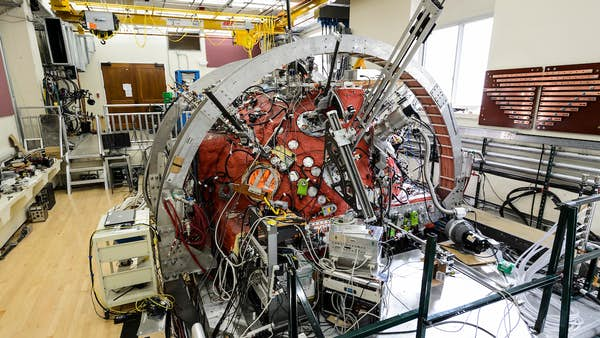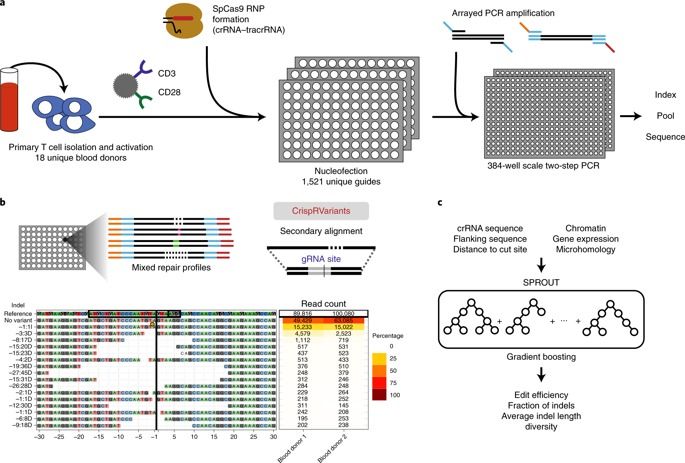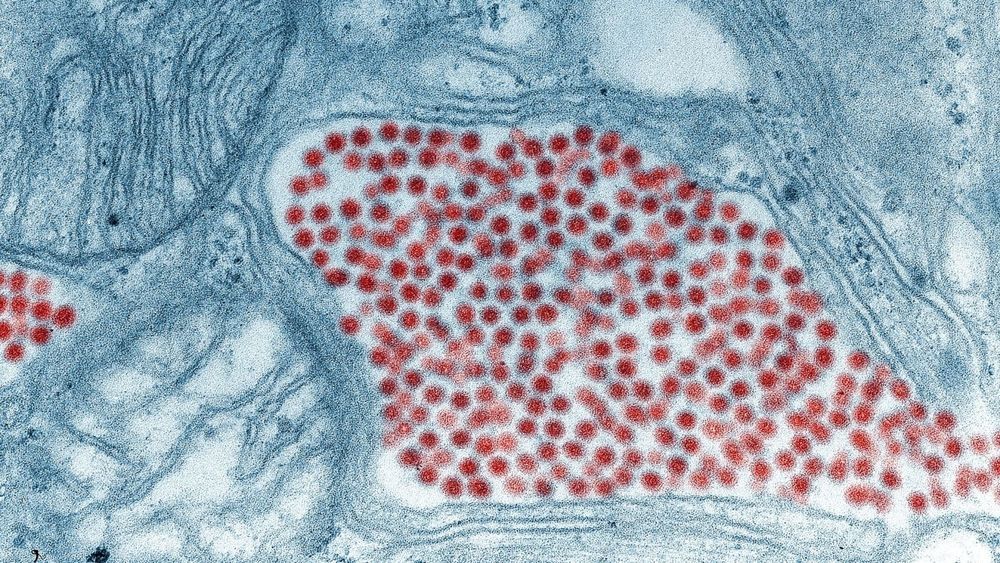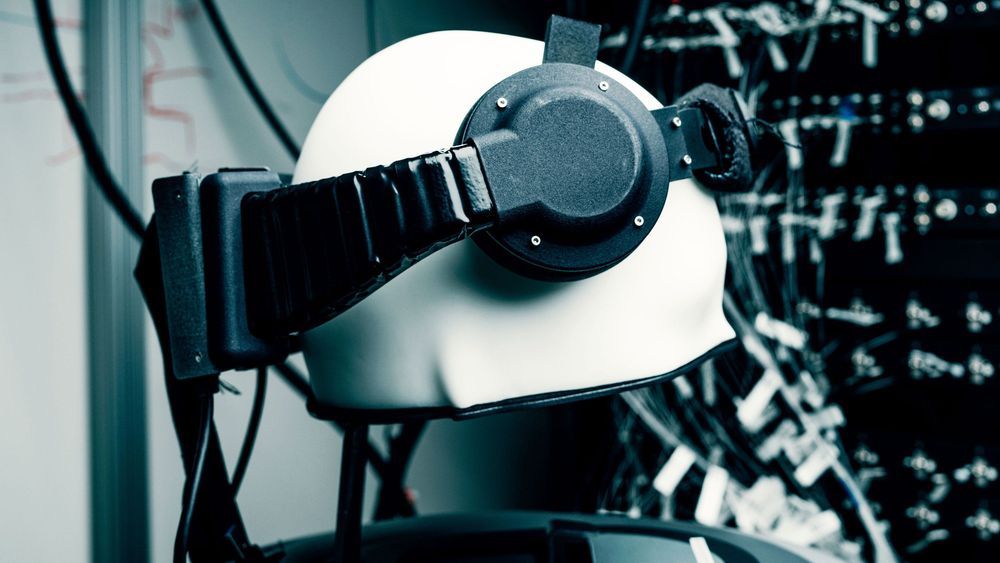To tackle this environmental catastrophe, U.S. companies and researchers are developing AI-assisted robotic technology that can work with humans in processing plants and improve quality control. The goal is to have robots do a better job at sorting garbage and reduce the contamination and health hazards human workers face in recycling plants every day. Sorting trash is a dirty and dangerous job. Recycling workers are more than twice as likely as other workers to be injured on the job, according to a report at the University of Illinois School of Public Health. The profession also has high fatality rates.
The U.S. is facing a recycling crisis that is burying cities and towns in tens of millions of tons of garbage a day. The problem began last year when China, the world’s largest recyclable processor, stopped accepting most American scrap plastic and cardboard due to contamination problems, and a glut of plastics overwhelming its own processing facilities. Historically, China recycled the bulk of U.S. waste.
Contamination in the U.S. is high since recyclables are often dumped into one bin instead of multi-streamed or separated from the source. Now China has strict standards for recycling materials it will accept, requiring contamination levels in a plastic bale, for example, contain one-tenth of 1%.
The situation is dire for many local economies as recycling costs skyrocket. It’s forced many cities and some small communities to stop recycling all together. Now more waste is ending up in landfills and incinerators.








